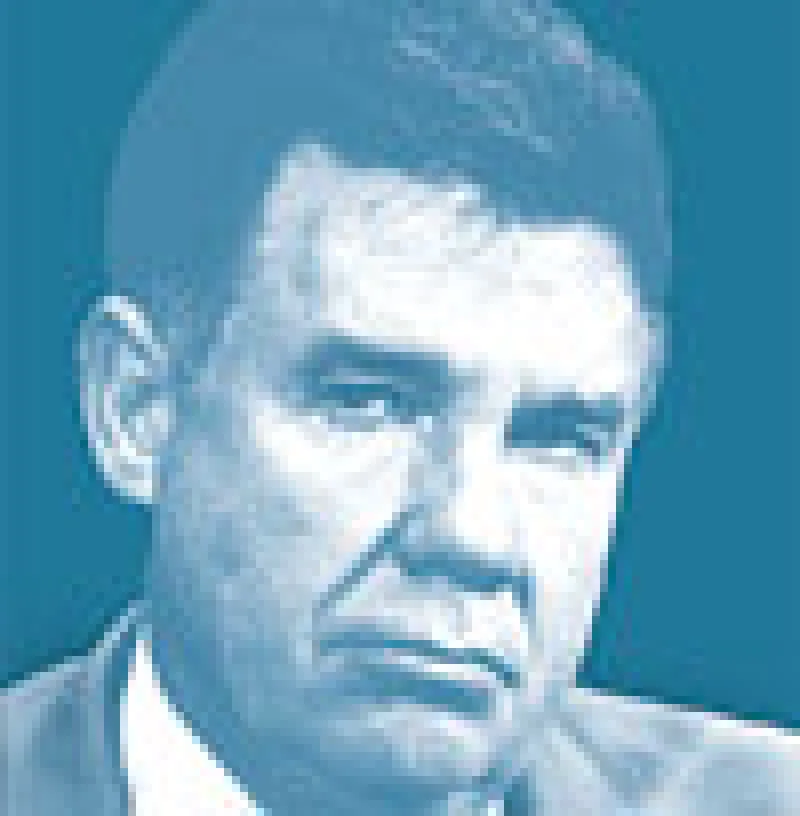In the world of California pension funds, Sean Harrigan looms large — perhaps a little too large. From early 2003 to late 2004, he was the controversial president of then–$177 billion California Public Employees’ Retirement System, before being ousted by its board after losing support for his activist investment agenda.
But Harrigan also had powerful friends. In 2005 he was appointed by newly elected Los Angeles Mayor Antonio Villaraigosa as a commissioner on the board of the $12.5 billion Los Angeles Fire and Police Pensions fund. Shortly afterward, Harrigan set up his own consulting business. One of his first clients was Wetherly Capital Group, a politically connected placement agent established by Daniel Weinstein. Harrigan and Weinstein both had ties to organized labor and have known each other since the early 1990s. Harrigan says that his work for Wetherly lasted only five months, as he advised the Los Angeles–based firm on how to win business from union and public funds outside California.
As president of the Los Angeles Police Protective League, Paul Weber keeps a close eye on how the LAFPP is managed. In some ways, Weber says, Harrigan was the ideal board member, knowledgeable about complex investments and well connected.
But some people, including Weber, say Harrigan was also arrogant. The LAFPP allows commissioners to refer investment managers for review. At the March 2007 meeting, Harrigan and other commissioners berated the LAFPP’s own real estate consultant for taking too long to review managers. One of the managers had been referred by Harrigan on the recommendation of former California governor Gray Davis. Harrigan denies browbeating any consultants into approving board members’ recommendations.
“When you realize how much money is involved, there is always the potential that people are going to look at those monies for something other than what they were intended for,” says Weber, a sergeant in the Los Angeles Police Department.
Then there was the Wetherly connection. Weber says that not all of the board members were aware of Harrigan’s business relationship with Weinstein, even though Harrigan disclosed it to the City Ethics Commission. Harrigan even recused himself from a 2006 meeting where Wetherly represented a client.
It was that connection that came back to haunt Harrigan. A former Wetherly employee, placement agent Julio Ramirez Jr., pleaded guilty to securities fraud for his involvement in the New York State pay-to-play scandal. In May, Harrigan and fellow commissioner Elliott Broidy resigned from the LAFPP after both received informal inquiries from the Securities and Exchange Commission requesting information on their dealings with more than a dozen firms that did business with the LAFPP, including Wetherly.
Under the growing public scrutiny, four of Mayor Villaraigosa’s five appointees, including Harrigan and Broidy, have left the LAFPP board. Harrigan’s attorney, Mark Byrne, says his client resigned because the board was becoming a “media circus” and that his resignation “does not suggest that he did anything wrong.”
For his part, Harrigan regrets ever taking the consulting assignment with Wetherly. But more than that, he regrets joining the LAFPP. “I have a passion for pension fund work,” he says. “I thought I could make a contribution by serving on the LAFPP board. In retrospect it was probably a mistake.”
See related story, " Pension Pay To Play Casts Shadow Nationwide ".






